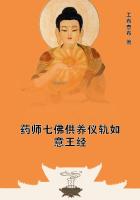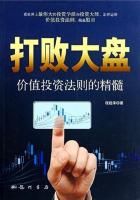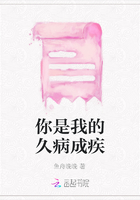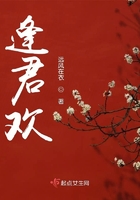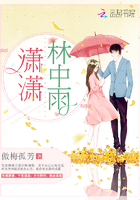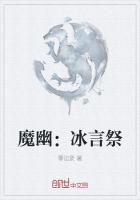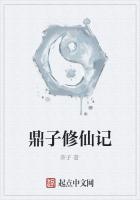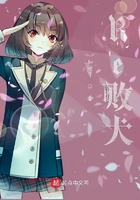"Then the postscript is as favorably received by you as the rest of the letter?""Certainly; the Abbe Busoni and myself have a small account open between us.I do not remember if it is exactly 48,000francs, which I am still owing him, but I dare say we shall not dispute the difference.You attached great importance, then, to this postscript, my dear Monsieur Cavalcanti?""I must explain to you," said the major, "that, fully confiding in the signature of the Abbe Busoni, I had not provided myself with any other funds; so that if this resource had failed me, I should have found myself very unpleasantly situated in Paris.""Is it possible that a man of your standing should be embarrassed anywhere?" said Monte Cristo.
"Why, really I know no one," said the major.
"But then you yourself are known to others?""Yes, I am known, so that" --
"Proceed, my dear Monsieur Cavalcanti."
"So that you will remit to me these 48,000 francs?""Certainly, at your first request." The major's eyes dilated with pleasing astonishment."But sit down," said Monte Cristo; "really I do not know what I have been thinking of -- I have positively kept you standing for the last quarter of an hour.""Don't mention it." The major drew an arm-chair towards him, and proceeded to seat himself.
"Now," said the count, "what will you take -- a glass of port, sherry, or Alicante?""Alicante, if you please; it is my favorite wine.""I have some that is very good.You will take a biscuit with it, will you not?""Yes, I will take a biscuit, as you are so obliging."Monte Cristo rang; Baptistin appeared.The count advanced to meet him."Well?" said he in a low voice."The young man is here," said the valet de chambre in the same tone.
"Into what room did you take him?"
"Into the blue drawing-room, according to your excellency's orders.""That's right; now bring the Alicante and some biscuits."Baptistin left the room."Really," said the major, "I am quite ashamed of the trouble I am giving you.""Pray don't mention such a thing," said the count.Baptistin re-entered with glasses, wine, and biscuits.The count filled one glass, but in the other he only poured a few drops of the ruby-colored liquid.The bottle was covered with spiders' webs, and all the other signs which indicate the age of wine more truly than do wrinkles on a man's face.
The major made a wise choice; he took the full glass and a biscuit.The count told Baptistin to leave the plate within reach of his guest, who began by sipping the Alicante with an expression of great satisfaction, and then delicately steeped his biscuit in the wine.
"So, sir, you lived at Lucca, did you? You were rich, noble, held in great esteem -- had all that could render a man happy?""All," said the major, hastily swallowing his biscuit, "positively all.""And yet there was one thing wanting in order to complete your happiness?""Only one thing," said the Italian.
"And that one thing, your lost child."
"Ah," said the major, taking a second biscuit, "that consummation of my happiness was indeed wanting." The worthy major raised his eyes to heaven and sighed.
"Let me hear, then," said the count, "who this deeply regretted son was; for I always understood you were a bachelor.""That was the general opinion, sir," said the major, "and I"--
"Yes," replied the count, "and you confirmed the report.Ayouthful indiscretion, I suppose, which you were anxious to conceal from the world at large?" The major recovered himself, and resumed his usual calm manner, at the same time casting his eyes down, either to give himself time to compose his countenance, or to assist his imagination, all the while giving an under-look at the count, the protracted smile on whose lips still announced the same polite curiosity."Yes," said the major, "I did wish this fault to be hidden from every eye.""Not on your own account, surely," replied Monte Cristo;"for a man is above that sort of thing?"
"Oh, no, certainly not on my own account," said the major with a smile and a shake of the head.
"But for the sake of the mother?" said the count.
"Yes, for the mother's sake -- his poor mother!" cried the major, taking a third biscuit.
"Take some more wine, my dear Cavalcanti," said the count, pouring out for him a second glass of Alicante; "your emotion has quite overcome you.""His poor mother," murmured the major, trying to get the lachrymal gland in operation, so as to moisten the corner of his eye with a false tear.
"She belonged to one of the first families in Italy, Ithink, did she not?"
"She was of a noble family of Fiesole, count.""And her name was" --
"Do you desire to know her name?" --
"Oh," said Monte Cristo "it would be quite superfluous for you to tell me, for I already know it.""The count knows everything," said the Italian, bowing.
"Oliva Corsinari, was it not?"
"Oliva Corsinari."
"A marchioness?"
"A marchioness."
"And you married her at last, notwithstanding the opposition of her family?""Yes, that was the way it ended."
"And you have doubtless brought all your papers with you?"said Monte Cristo.
"What papers?"
"The certificate of your marriage with Oliva Corsinari, and the register of your child's birth.""The register of my child's birth?"
"The register of the birth of Andrea Cavalcanti -- of your son; is not his name Andrea?""I believe so," said the major.
"What? You believe so?"
"I dare not positively assert it, as he has been lost for so long a time.""Well, then," said Monte Cristo "you have all the documents with you?""Your excellency, I regret to say that, not knowing it was necessary to come provided with these papers, I neglected to bring them.""That is unfortunate," returned Monte Cristo.
"Were they, then, so necessary?"
"They were indispensable."


